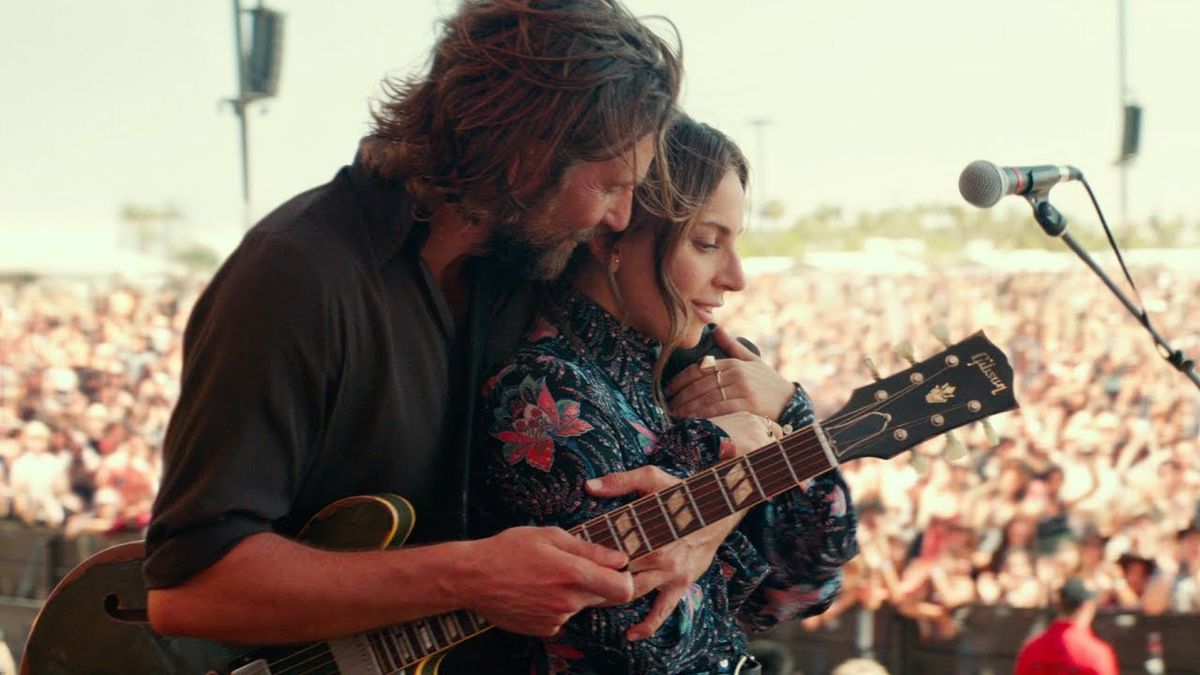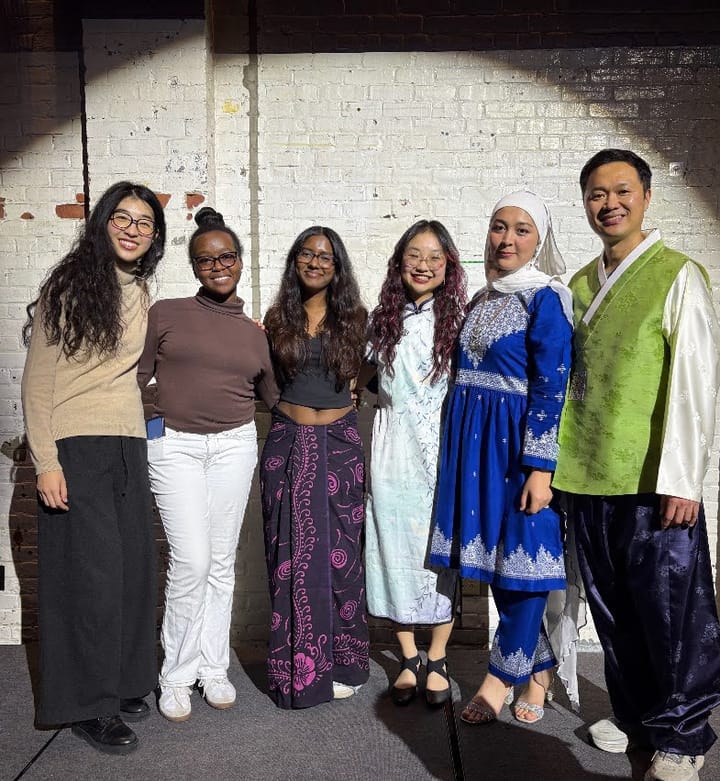“A Star is Born” Unexpectedly Overcomes Potential for Cliche

The decision to remake “A Star Is Born” was, frankly, questionable. Bradley Cooper’s directorial debut starring Lady Gaga and Cooper himself was a fourth take on the story after previous iterations in 1937, 1954 and 1976. The choice falls squarely in line with the recent Hollywood trend of cashing safe bets on nostalgic remakes. The film itself is an age-old story of show-biz, with some new tweaks: well-established country-rock musician Jackson Maine (Bradley Cooper) happens upon Ally (Lady Gaga), a young singer in a New York drag bar, and asks her to tour with him. As the two fall in love, Jackson watches his career and life spiral due to substance abuse as Ally’s stardom skyrockets.
Prior to watching the film, I was determined that I would find a cookie-cutter cliche of the same story we’ve heard time and time again. From the very start, though, the film proved me wrong. The film is so fluid and urgently palpable that it makes you forget how scenes are usually constructed — or that scenes are usually constructed at all. Any question concerning the need for yet another “A Star is Born” in 2018 is one the film can answer for itself: it is so well-made that the repetition doesn’t matter.
The film demonstrates a deep love for musical exhibition. The directors recorded all the music live — to do otherwise would have squandered film’s unique ability to capture actions in real time. This choice thrusts the viewer into the lived experiences of the artists, highlighting the arduous work and nerves that go into performing in front of a crowd.
Lady Gaga proves once again that her voice has exceptional range, power and artistry. More surprisingly, though, Cooper delivers both a natural voice and competent guitar skills that make his portrayal of a musician believable. The film uses these foundational performance scenes and cameos from several well-known musicians to embed the characters in the real fabric of the current industry; music is not just a thematic backdrop used to supplement the plot, but the actual substance of its scenes and story.
Impressive as the music is, the acting performances make this film. Lady Gaga and Cooper both throw themselves with complete commitment into their respective characters, and it is this fact which single handedly saves the movie from cliche. Lady Gaga proves herself to be a natural talent, completely believable as a young New York woman who sings at drag bars after her day job, embodying both complacence and a profound self-assuredness. There is complete credibility in her disbelief at the opportunities that are suddenly thrust at her, which makes us believe her when she does fall in love with Jack. Cooper also gives a tremendously heartbreaking performance as a jaded musician losing control because of substance abuse. The presence of alcohol and drugs in Jackson’s life are persistent throughout the film, and the constant strain on his persona conveys both the pain and the impossibility of shaking this disease. We see him floundering and helpless, inebriated and passed out on the couch, on the floor, in the bushes before his house and on stage while Ally accepts her first Grammy. Cooper’s full commitment to the character’s struggle conveys the excruciating nature of such a spiral.
If there is any external culprit that acts a threat to their love, it is the industry itself. The film skillfully depicts the sinister underbelly of the modern music industry, showing how artists are commodified. The commercial agents who propel Ally to fame mold her into a specific vision of a millennial pop star, complete with orange-dyed hair, synth beats and glittering backup dancers.
All the while, the constant requests for autographs and performances isolate Jackson and contribute to his inability to be present in his own life. While in one sense the industry stands as a pillar of capitalism necessary for success, it is also portrayed as a coercive entity of corporate evil that abuses artists. It’s impossible not to comment on the nature of the relationship between Ally and Jackson and the power dynamics that exist due to both their perceived age difference and imbalance in fame. In the beginning of the film, Jackson’s initial attempts to talk to Ally feel clunky and forward (such as his unsettling one-liner, “I just wanted to get another look at you”), and his nearly paternalistic support of Ally through her career can feel uncomfortable. However, I interpreted these facts of their relationship as a part of the story itself. It’s a relationship that never pretends to be easy, and the strained, imbalanced dynamics add onto the pile of other heavy issues the couple must contend with.
Near the end of the film, Jackson tells Ally: “If there’s one reason we’re supposed to be here, it’s to say something so people want to hear it.” Songwriting retains a near-mythic quality throughout the movie, and Cooper clearly takes seriously the integral idea that artists can genuinely communicate with the world, despite the potential undermining of sincere expression from the music industry. When Ally joins Jackson onstage for the first time, she belts out a song she’s written, overwhelmed and in disbelief that it’s her own words and voice soaring from her mouth. It’s one of the most electrifying moments of the film, and it conveys the visceral power of expression like a lightning bolt.
This passion for artistry, which mirrors the love between Ally and Jackson, coexists next to the heavy darkness of their struggles. The human soul, the desire to love and the impulse to express oneself contend with so much in this film — illness, depression, regret, self-doubt and commercial reality, to name a few. The movie takes on enormous emotional issues, and it would have crumbled without an intense dedication to the lives portrayed. “A Star Is Born” takes serious care in telling the story of a losing battle, and serves as a beautiful tribute to both the struggle and the valiant attempt to overcome.





Comments ()